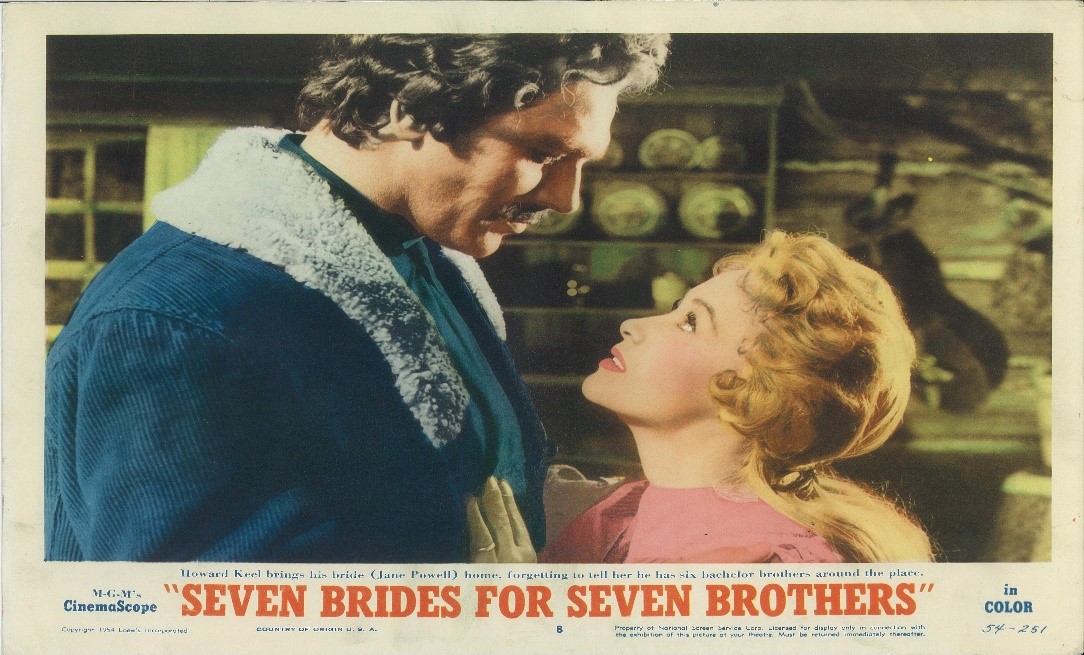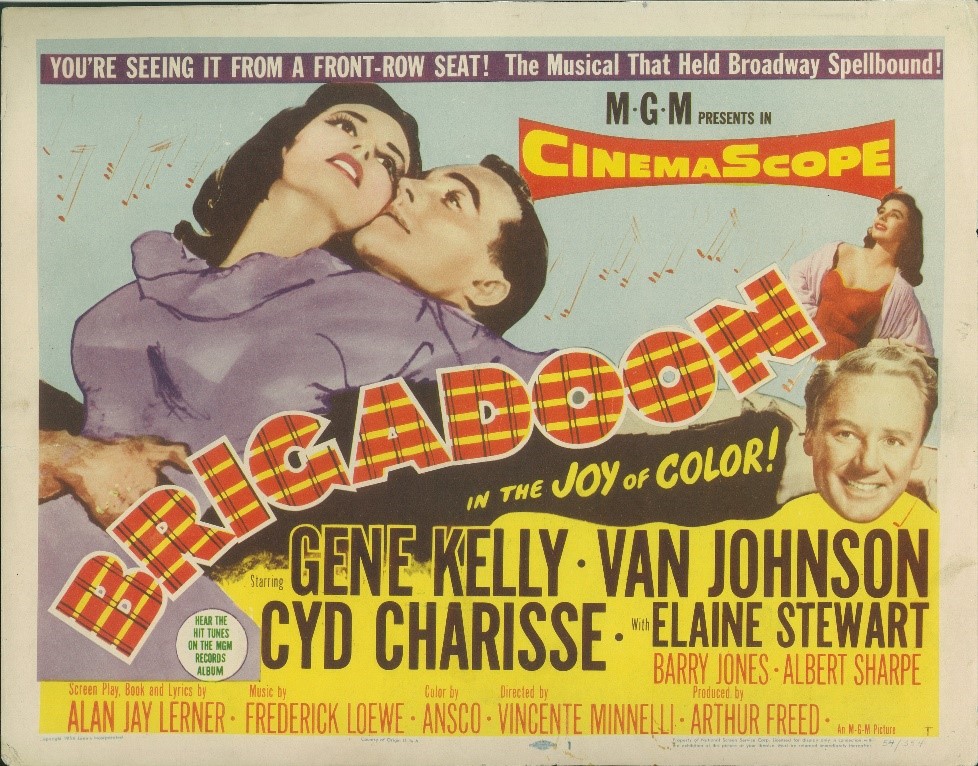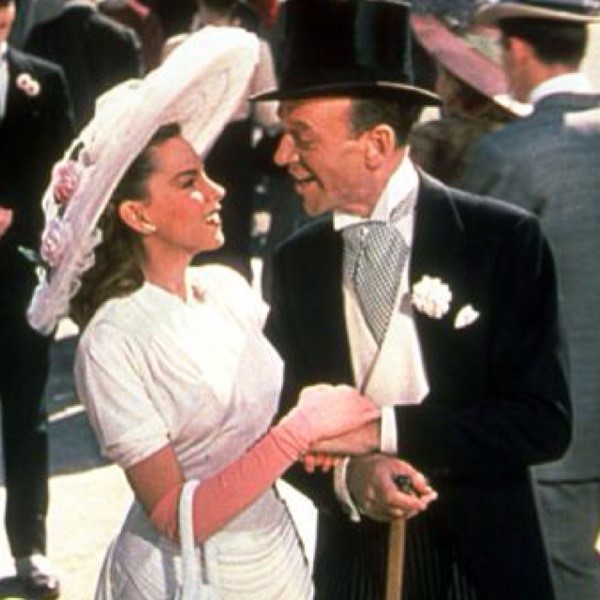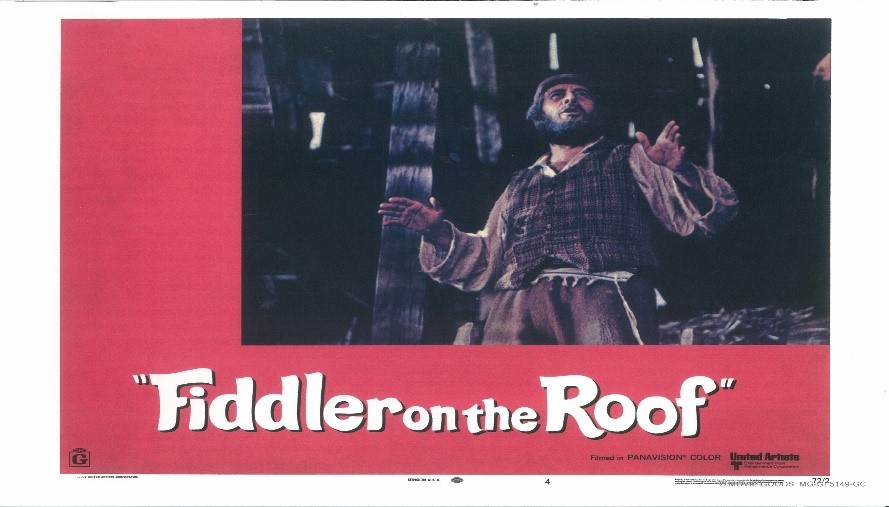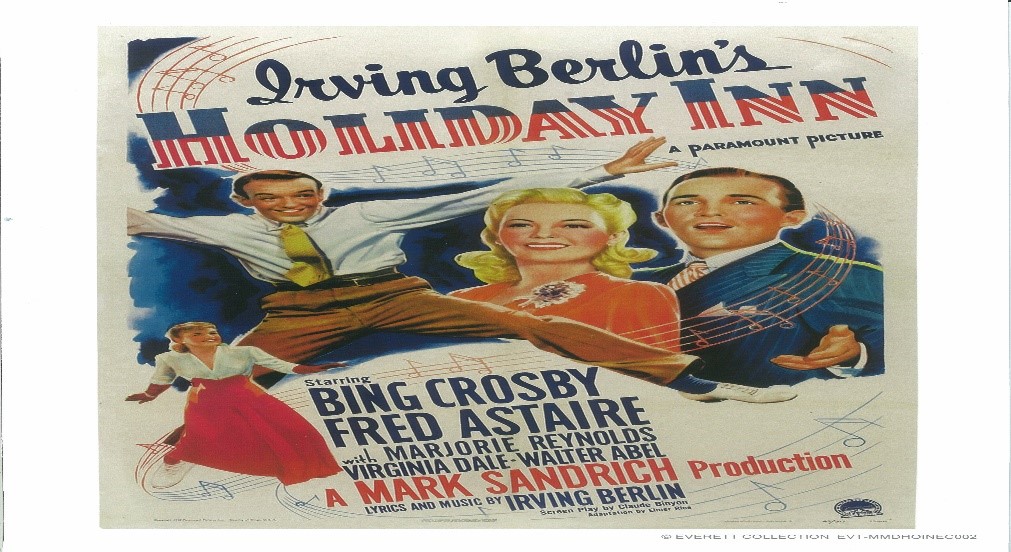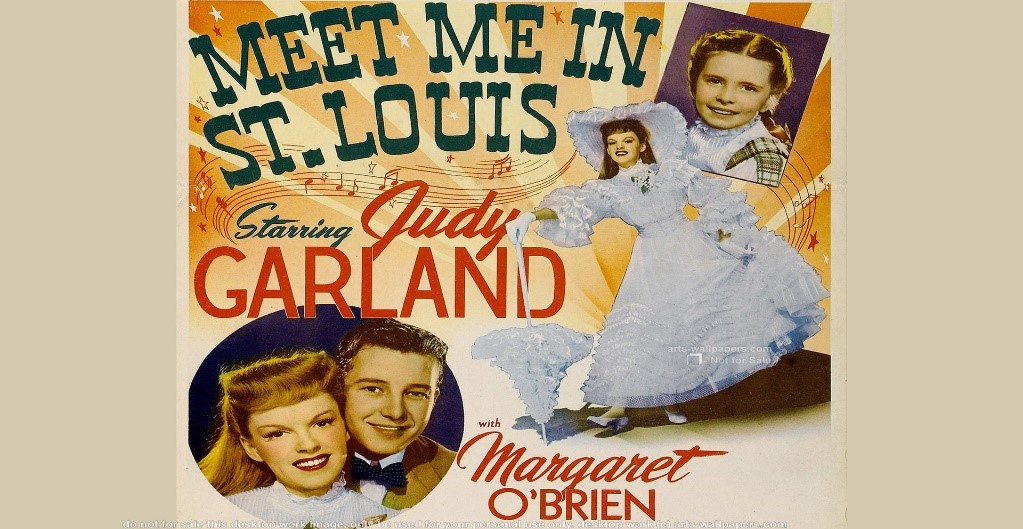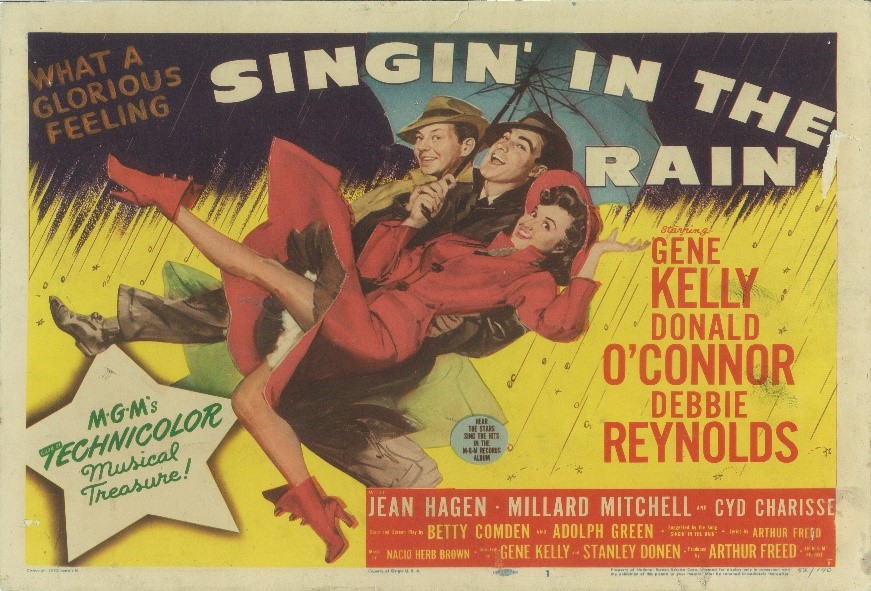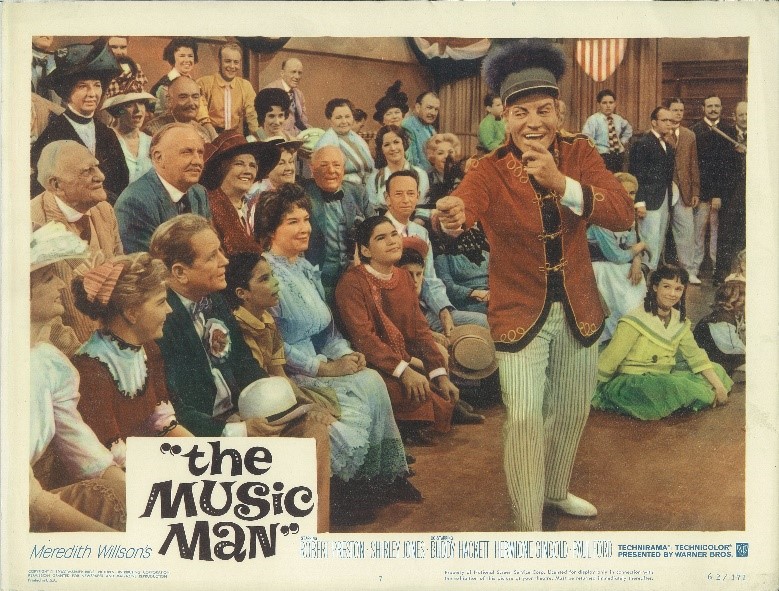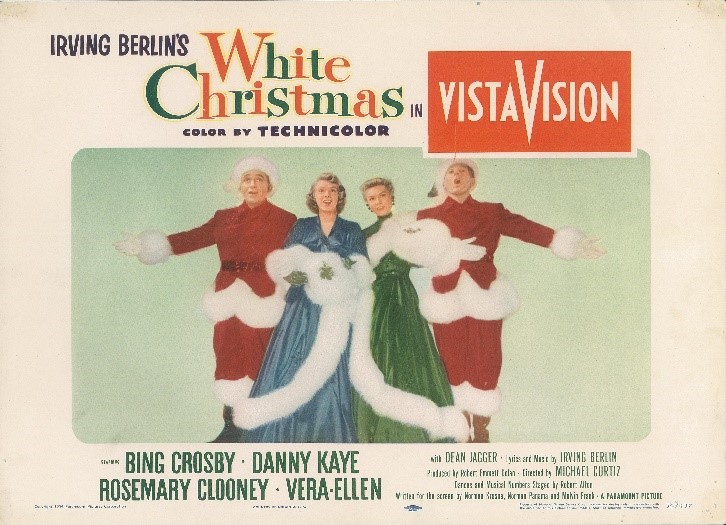“Doesn’t it do anything but snow up here? We’ve had a blizzard every day for the last two months. I’m going crazy shut up in this house!” (Liza, bride to brother Daniel, as written in the screenplay by Albert Hackett, 1954)
Wow! Is Liza living in the 1850s Oregon? Or has she been transported to 2020?
She echoes the sentiments of many living through this quarantine. It is incredible that a movie made 66 years ago, and set in the wilderness of more than a century ago, can have relevance today. The #PowerofReminiscence is alive and well as the brides, and brothers teach us some valuable lessons about love in isolation.
Welcome to the June 2020 Edition - Seven Brides for Seven Brothers ~ Love in Isolation
The Ponepeii Brothers ( or “seven slummocky backwoodsmen,”), as they are referred to by the townspeople), are no strangers to isolation. Living in the mountains of Oregon, having only themselves and their land to care for, they have little concept of the social rules or etiquette that governs most societies.
Thus, when the eldest brother Adam walks into the general store and proclaims: “You’re all pretty, fresh and young. I’ll keep you in mind. But I ain’t deciding nothin’ ‘til I look ‘em all over.” He believes he is justified in “shopping for a wife,” just as he would any other item.
In his pursuit, he finds Millie. (“Pretty and trim, but not too slim; Heavenly eyes and just the right size.”) Millie, in turn, fell in love with Adam “from the moment (she) saw him.” She may also see in him an opportunity to get away from taking care of a boarding house full of men. She may relish the idea of an isolated cabin in the mountains and taking care of one man.
Upon reaching the cabin, it is isolated from the town below, but not from six brothers.
As Millie’s dream of one house, one man shatters, she does what many women do who marry for better or worse -- she digs in. She uses isolation to her advantage. She cleans the house (sound familiar?), makes the rules (“if you’re gonna act like hogs, you can eat like hogs!”), and makes over her brothers into mannerly men. (“When you meet a girl, don’t grab her like she was a flapjack. Hold off for a while. Offer her your arm. When you’ve got her alone, steal your arm around her. You’ve got to court a girl to get her. You got to call her ‘my darling, my dear, my precious, my pet.’”)
The use of manners, (social graces, etiquette) is an excellent topic for discussion for all your clientele. It is perhaps even more critical in the age of technology and social distancing. How will social interactions change as the world opens? What lessons can be taken from Millie’s courting exercise with the brothers?
At the barn raising, the brothers make an instant impression on the eligible young women. (“Who are they? I don’t recall seeing them. They’re strangers to me. Seven of them! All as tall as church steeples!”) Thanks to some beautiful lines: (Girl: “Follow me.” Caleb: “To the ends of the earth”), coupled with athletic dancing, the girls are hooked.
As summer turns to winter, the brothers are “grieving for their girls.” In their grief and desire to get the girls back, they forget the manners they used to court them and set out to get them by kidnapping, followed by a wagon-ride up the mountain to marry them. One problem: The winter snows, coupled with an avalanche, isolate the brothers with their prospective brides and prevent the arrival of a preacher.
Isolation breeds many feelings for all the characters.
Initially, there is fear and anger at the unknown. The girls fear: Will they be safe and cared for away from their families? (Sound familiar?) The brothers are angry at not getting what they want (marriage to their chosen partner) and banishment from the house to the barn. Fear and anger are excellent topics for discussion, as our isolation continues. Sharing makes us feel less alone.
As the story continues, the girls channel their fear into productive action. They help Millie prepare for the arrival of her baby. In so doing, they begin to understand mountain life. They see the brothers not as monsters, but as prospective husbands -- men who excite them when they enter the room and give them dreams of June weddings and raising families in the spring.
As the girls’ feelings grow softer, take some time to talk about dealing with emotions in the face of change. Do we hold onto our feelings? Or do we let them out and seek more ways to connect?
Although Liza expresses a desire to leave the house, when the opportunity arrives (the opening of the pass from the mountain to the town), and the girls’ parents come to collect them, they each claim motherhood to Millie’s child and get what they each want: Their man and --
Love in Isolation.
Stay Safe and Well!
~~Lori

